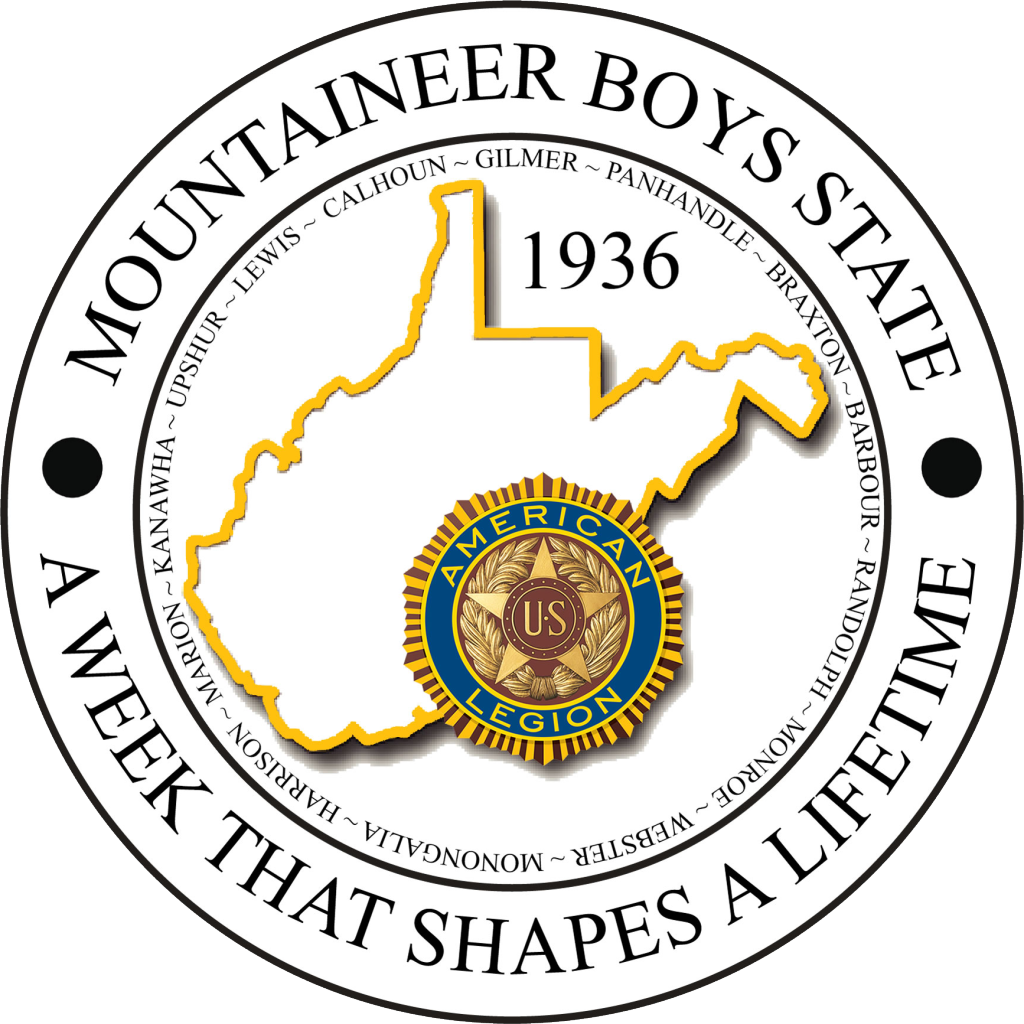Title 4, United States Code, Chapter 1
As Adopted by the National Flag Conference, Washington, D.C., June 14-15, 1923, and Revised and Endorsed by the Second National Flag Conference, Washington, D.C., May 15, 1924. Revised and adopted at P.L. 623, 77th Congress, Second Session, June 22, 1942; as Amended by P.L. 829, 77th Congress, Second Session, December 22, 1942; P.L. 107 83rd Congress, 1st Session, July 9, 1953; P.L. 396, 83rd Congress, Second Session, June 14, 1954; P.L. 363, 90th Congress, Second Session, June 28, 1968; P.L. 344, 94th Congress, Second Session, July 7, 1976; P.L. 322, 103rd Congress, Second Session, September 13, 1994; P.L. 225, 105th Congress, Second Session, August 12, 1998; P.L. 80, 106th Congress, First Session, October 25, 1999; P.L. 110-41, 110th Congress, First Session, June 29, 2007; P.L. 110-181, 110th Congress, Second Session, January 28, 2008; P.L. 110-239, 110th Congress, Second Session, June 3, 2008, P.L. 110-417,

